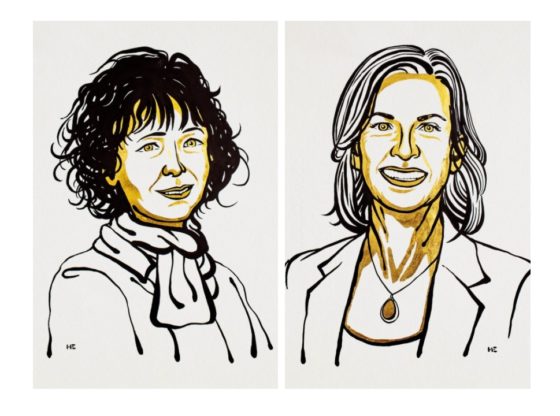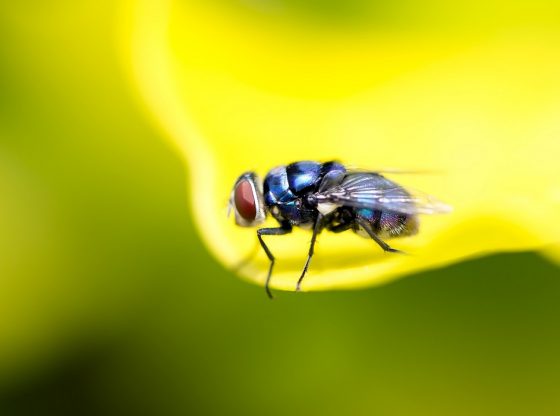
Same-sex mouse parents give birth via gene editing in China when Scientists delivered pups with genetic material from two moms and two dads. But only pups with two moms survived to have babies themselves.
A team at the Chinese Academy of Sciences stunned geneticists by revealing they had effectively rewritten the rules of reproduction, and in the process discovered exactly why some animals, including humans, need to have sex.
A total of 29 bi-maternal mice were produced using 210 embryos in the study. They all were “normal, lived to adulthood, and had babies of their own,” though they showed “some defective features,” according to researchers at the Chinese Academy of Sciences.
The mice with two fathers only survived a couple of days, the Chinese team behind the work reported. There is no imminent prospect of the techniques being used clinically in people, but the findings demonstrate that the biological barriers to same-sex reproduction can, technically, be overcome.
“This shows us what’s possible,”
– Wei Li, of the Chinese Academy of Sciences and a senior author of the paper.
Using the gene-editing tool Crispr-Cas9, they were able to remove maternal imprinting from three crucial regions of DNA by snipping out a single letter of the genetic code where the chemical tag was attached. This effectively made the genetic material appear more “male” in terms of its imprinting pattern.
When the modified stem cells were injected into the unfertilized egg of a second female mouse, the genetic material from the two female mice combined to form an embryo.
A similar experiment was performed using sperm and genetically modified stem cells from a male mouse, which were injected into a female egg that had been stripped of its own genetic material. These embryos were transferred to surrogate mothers, who carried them to term.
The new study, published today in the journal Cell Stem Cell, is an encouraging step toward a better understanding of the barriers that prevent such genetic coupling between individuals of the same sex. The work also raises a slew of ethical questions among experts, with the health of future offspring being the primary concern.






















